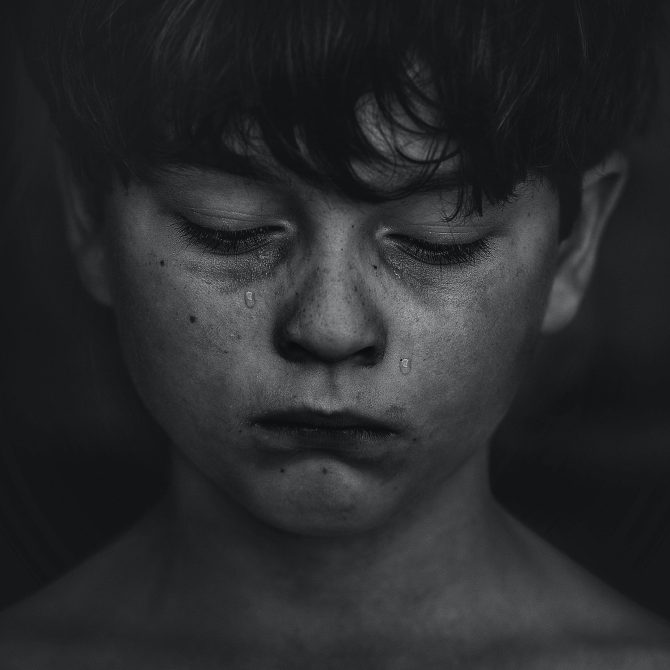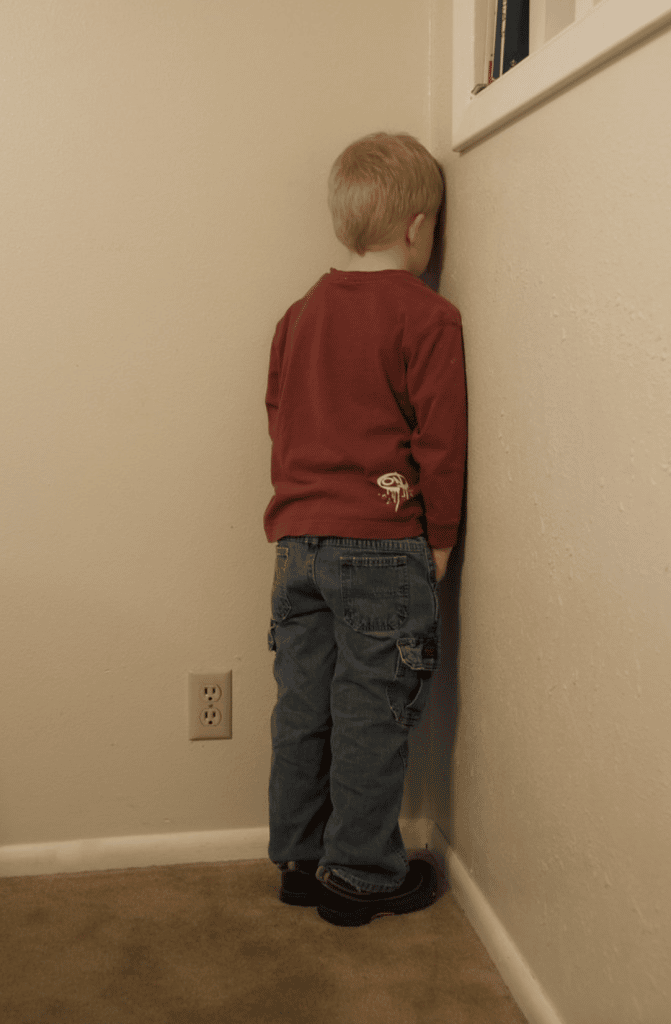
Spanking is the most common form of corporal punishment among children, as 54% of kids experience it. However, most parents don’t know it’s now deemed physical abuse. Psychologists and pediatricians claim it causes more harm than good; therefore, it should be avoided.
Also, there seems to be a significant but slow decrease in its use over time. As of 25 years ago, 80% of parents were spanking their children compared to 67% these days.
Spanking, a form of physical abuse

Spanking is not the only form of maltreatment parents do to kids, though it’s the most known. “Other types of physical abuse include shaking children, pulling them by the hair, boxing the ears, or forcing them to stay in an uncomfortable position. Forced activities like washing their mouth out, washing their hands, or forcefully feeding them something they refuse to eat are other not-so-obvious acts of physical abuse that many people don’t think of,” news publication, Brightside, writes.
RELATED: New Study Finds Millennials And Gen Z Are The Worst Tippers
Moreover, there are forms of non-physical abuse like humiliation, yelling, making threats, and belittling that take a toll on children’s mental health. A study claims kids abused before the age of 13 have higher risks of depression than their peers.
What abuse does to kids

Also, some parents have little to no regard for their children’s mental health, so they think spanking has no long-lasting effect except to correct the kid’s wrong behavior. Sadly, they forget the younger ones are in their formative years, meaning whatever they experience forms the basis of their personality.
According to the outlet, “Many studies proved that corporal punishment has a drastic effect on mental health, causing anxiety, depression, low self-esteem, emotional instability, and various behavior disorders. One of the studies, once again, proved this to be true. People who’ve experienced higher amounts of physical punishment, on average, scored worse on overall mental health evaluations, as well as on depression tests.”
What you can do
Psychologists reveal two effective ways to correct a child without wreaking havoc. You can either use the time-out method or take away their privileges.

Whenever your kid does something bad, you can remove the child from the situation and let them reflect on the incident, then you both discuss it (time out). Lastly, you restrict the benefits they enjoy, perhaps no video game for the day. This is becoming a more popular form of parenting, also known as “gentle parenting,” as parents move away from forms of physical punishment.
